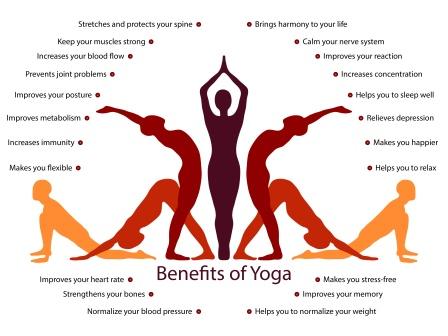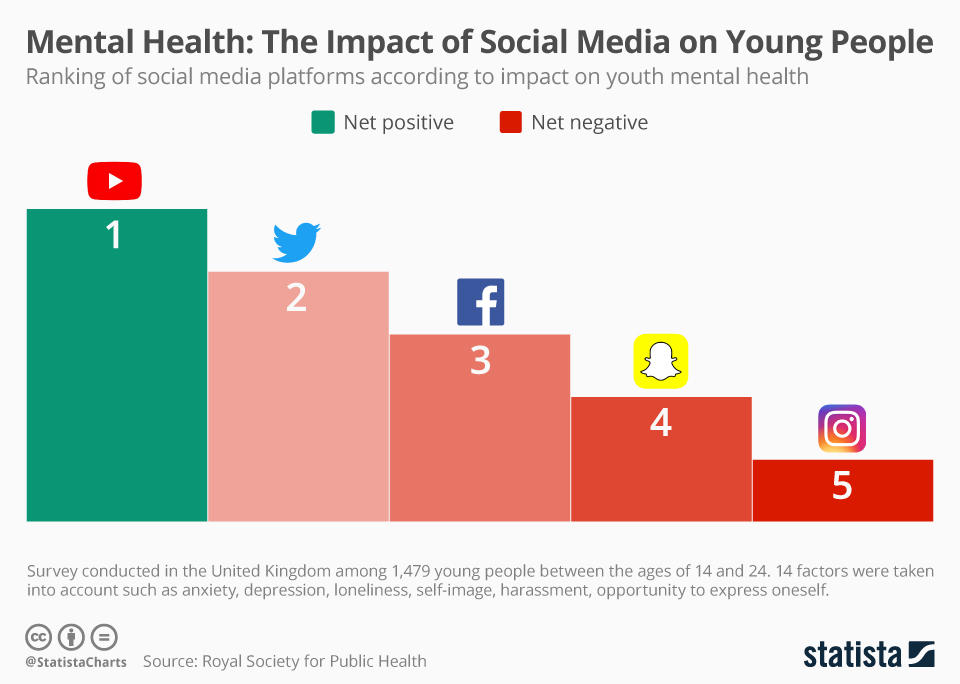Introduction
In our fast-paced world, finding moments of tranquility and inner peace can seem like a daunting task. The constant demands of work, family, and social life can leave us feeling overwhelmed and stressed. However, there is a time-tested practice that can help you regain balance and harmony in your life – yoga.
Yoga for the Body:
Improved Flexibility: One of the most noticeable benefits of a regular yoga practice is improved flexibility. Yoga poses, or asanas, gently stretch and lengthen your muscles, allowing you to move more freely. Whether you can touch your toes or not, yoga can help you become more limber over time.
Strengthens Muscles: Yoga is not just about stretching; it’s also about building strength. Many yoga poses require you to support your body weight, which can help develop strong, toned muscles.
Enhanced Posture: Poor posture is a common issue in our digital age, with many of us spending hours hunched over screens. Yoga can help correct this by promoting better posture through awareness and alignment techniques.
Better Balance: Yoga poses often involve balancing on one foot or holding challenging positions. Over time, this can significantly improve your balance and stability, reducing the risk of falls and injuries.
Yoga for the Mind:
Stress Reduction: Perhaps one of the most well-known benefits of yoga is its ability to reduce stress. The practice encourages relaxation and mindfulness, helping you let go of worries and tensions.
Mental Clarity: Yoga involves deep breathing exercises that increase the flow of oxygen to your brain. This can lead to improved mental clarity, focus, and concentration.
Emotional Balance: Yoga encourages self-awareness and self-acceptance, helping you better understand your emotions. It can be a powerful tool for managing anxiety and depression.
Better Sleep: Many people who practice yoga regularly report improved sleep quality. The relaxation techniques used in yoga can calm the mind and prepare the body for a restful night’s sleep.
Yoga for Overall Well-Being:
Weight Management: While yoga alone may not lead to significant weight loss, it can be a valuable component of a healthy lifestyle. It encourages mindful eating and can help you make better food choices.
Increased Energy: Yoga can boost your energy levels, leaving you feeling more invigorated and ready to tackle your daily tasks.
Pain Relief: For those suffering from chronic pain, yoga can be a gentle way to find relief. Many people with conditions like arthritis, back pain, or fibromyalgia report reduced discomfort after practicing yoga.
Connection: Yoga is not just about the individual; it also fosters a sense of connection to the world and others. Many yoga classes promote a sense of community and belonging.
Getting Started with Yoga:
If you’re new to yoga, the best way to start is by finding a beginner-friendly class or video online. You don’t need any special equipment to begin; a comfortable mat and some loose-fitting clothing are all you need.
Remember that yoga is not a competition. It’s about listening to your body and honoring its limitations. If a pose feels uncomfortable or painful, modify it or skip it altogether. With time and practice, you’ll become more flexible and confident in your abilities.
It’s also essential to stay consistent with your practice. Even just 15-20 minutes a day can make a significant difference in your overall well-being. And as you progress, you can gradually increase the duration and intensity of your sessions.
In conclusion, yoga is a powerful practice that offers a wide range of benefits for both the mind and body. Whether you’re looking to increase your flexibility, reduce stress, or find emotional balance, yoga has something to offer everyone. So, roll out your mat, take a deep breath, and start your journey to a healthier, more harmonious life through the practice of yoga.




